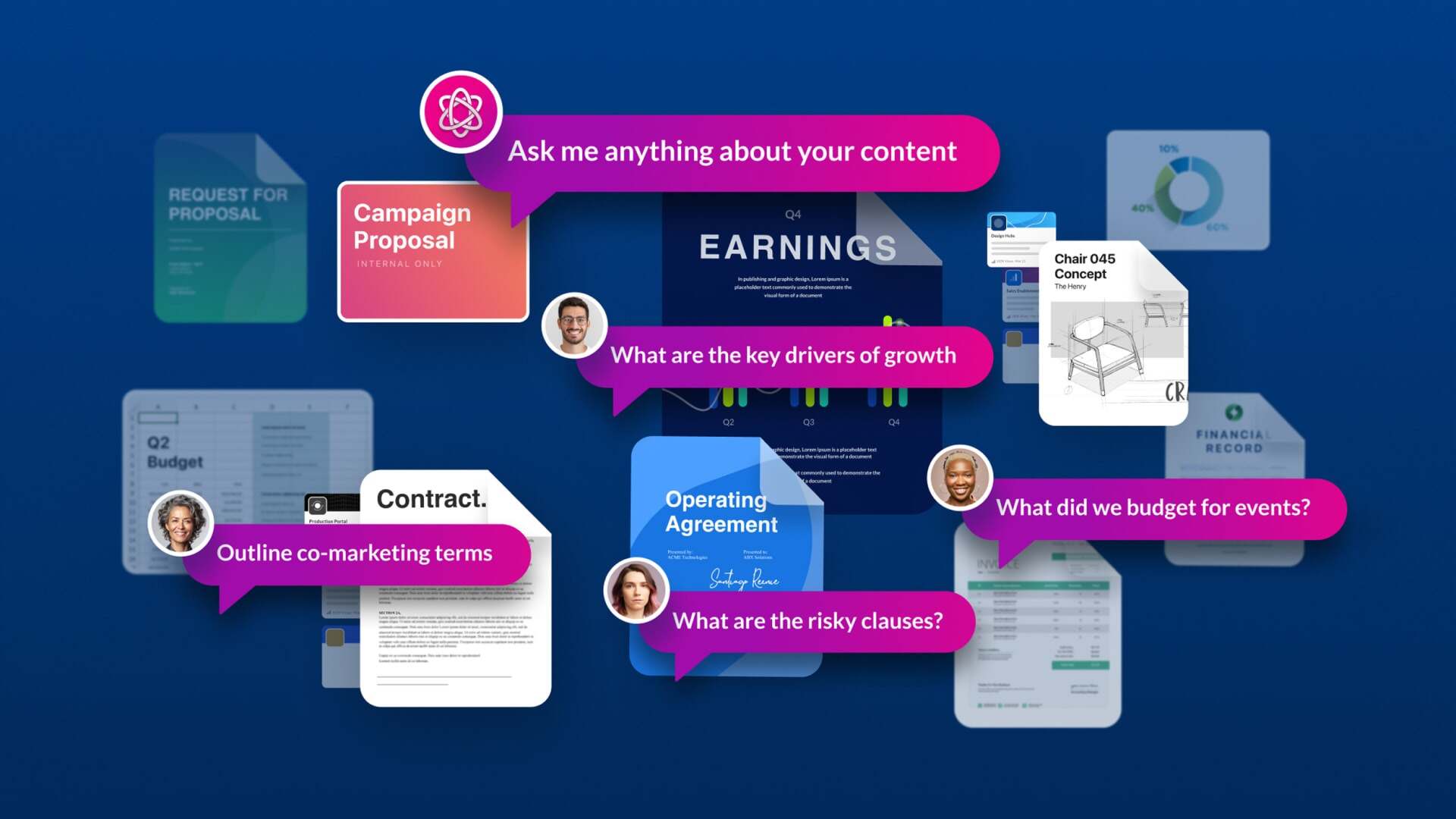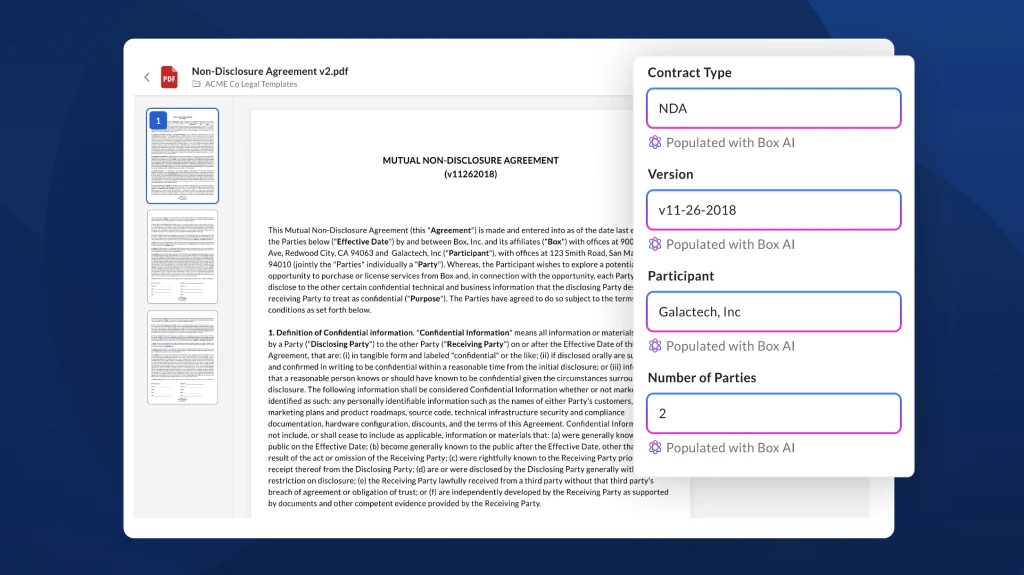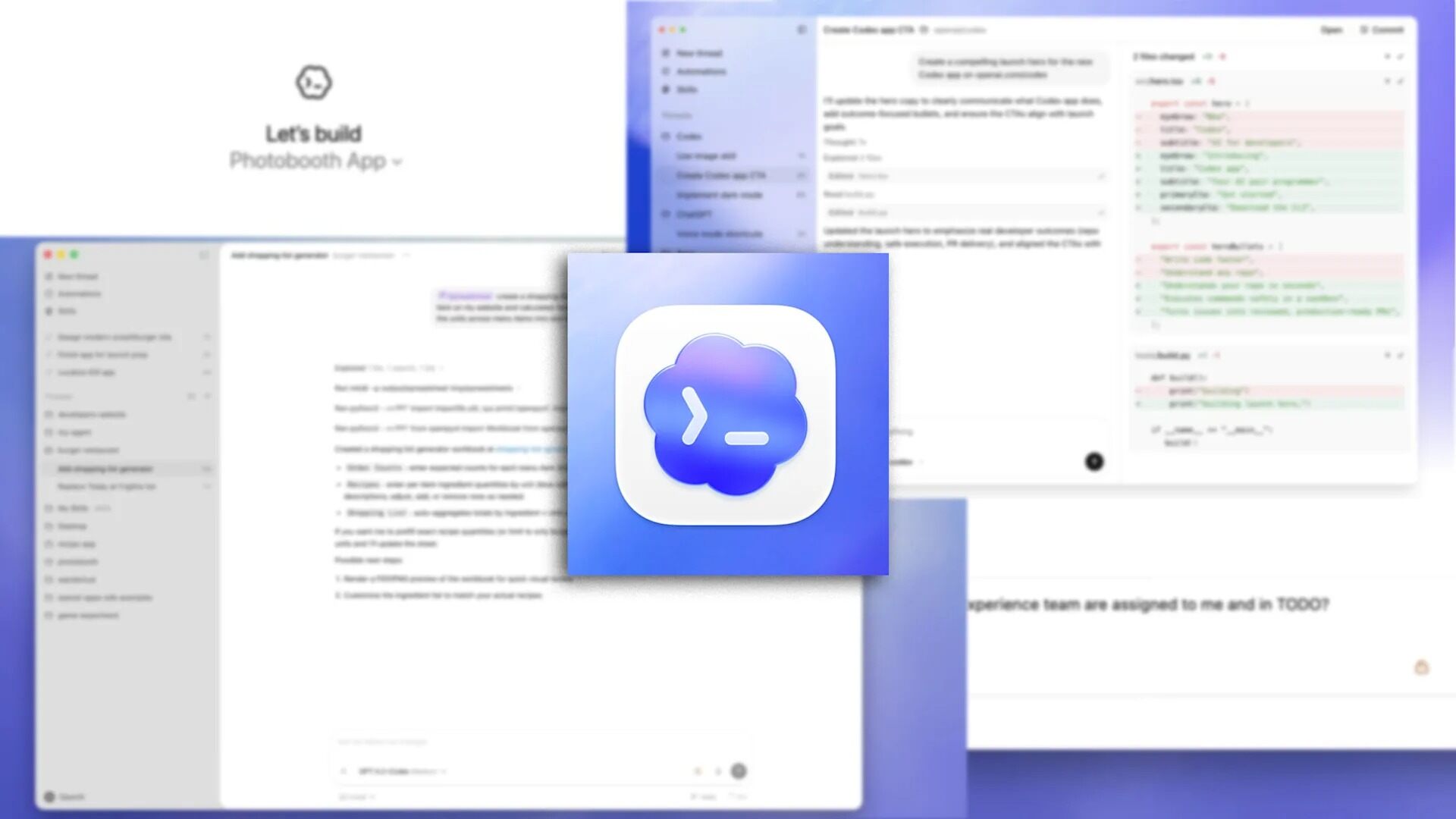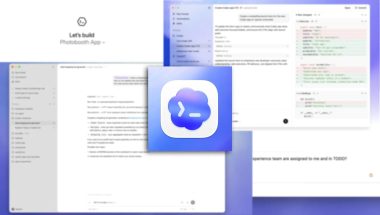- | 8:00 am
Box removes its enterprise AI query limits and announces new GPT-4o-powered feature
The content cloud company said it’ll soon offer enterprises the ability to use AI to search through the images and spreadsheets they store in the cloud.

Box announced today it is removing limits to the number of AI queries its Enterprise Plus users can perform. The content cloud company also said it’ll soon offer enterprises the ability to use AI to search through the images and spreadsheets they store in the cloud.
Box’s AI services are built atop OpenAI’s GPT-3.5 generative AI models, which Box accesses via an API. The two companies worked together to improve the economics of the Box AI plan so that more enterprises can take advantage of the tech, Box says. Specifically, Plus subscribers will now get unlimited user queries in Box AI for Hubs (portals where employees access cloud content), Documents, and Notes, the company says.

Box originally announced its OpenAI-powered Box AI features last May. Until now, enterprises using the Box AI features in the “Plus” plan were limited to 20 queries per user per month, with an additional pool of 2,000 queries shared across the company. (Customers could also purchase additional query allotments.) But concern over the unpredictability of usage levels and costs made some enterprises think twice about adopting the Box AI features.
Box CEO Aaron Levie says CIOs who are in the process of rolling out AI must try to determine which departments in their company might be likely to show a return on investment in AI tools. That’s a difficult calculus to make, he says, because the cost of AI services has tended to change rapidly.
“A very important part of this announcement is [that] we’re trying to take that concern off the table for customers,” Levie tells Fast Company. “And the very early feedback as we’ve tested the idea on customers has been overwhelmingly positive.”
OpenAI has been working to improve the efficiency of its language models, and has slashed the API costs of some models. “One of the magical things about this field is the rate of improvement is so fast that things that weren’t possible a year ago or six months ago . . . become possible six months later,” OpenAI COO Brad Lightcap tells Fast Company.
“I give Aaron and his team a lot of credit—they build for the things that are going to become possible in six months or a year, because most likely the pricing curve will continue to move in a way that accommodates the thing that you want to do and launch to customers,” Lightcap adds.
OpenAI’s price drops may also be a response to increasing competition among frontier model providers. OpenAI faces stiff competition from challengers such as Anthropic, Google, and Cohere in the enterprise market.
Box’s idea is to offer powerful generative AI tools from the same cloud where the company’s 115,000 customers host their content. Many of Box’s enterprise customers (and, in fact, many enterprises in general) keep large amounts of unstructured data in cloud storage–everything from text files to contracts to images. But accessing and using the content in those files is a real challenge. Large language models have proved to be a useful tool in retrieving specific pieces of content, or finding trends or themes in large amounts of content. The security and permissioning infrastructure Box developed to control access to various kinds of files is also used to secure and control access to various kinds of outputs from the AI models.
Box also says it’ll soon be offering enterprises the ability to search through the unstructured images and spreadsheets they store in the Box cloud. The feature is powered by OpenAI’s new GPT-4o multimodal model, and will be accessible in the Hubs portal interface. Box says users will also be able to ask questions about images, and execute commands for analysis of data within spreadsheets.
The GPT-4o features are expected to debut later this year, Box says.







































